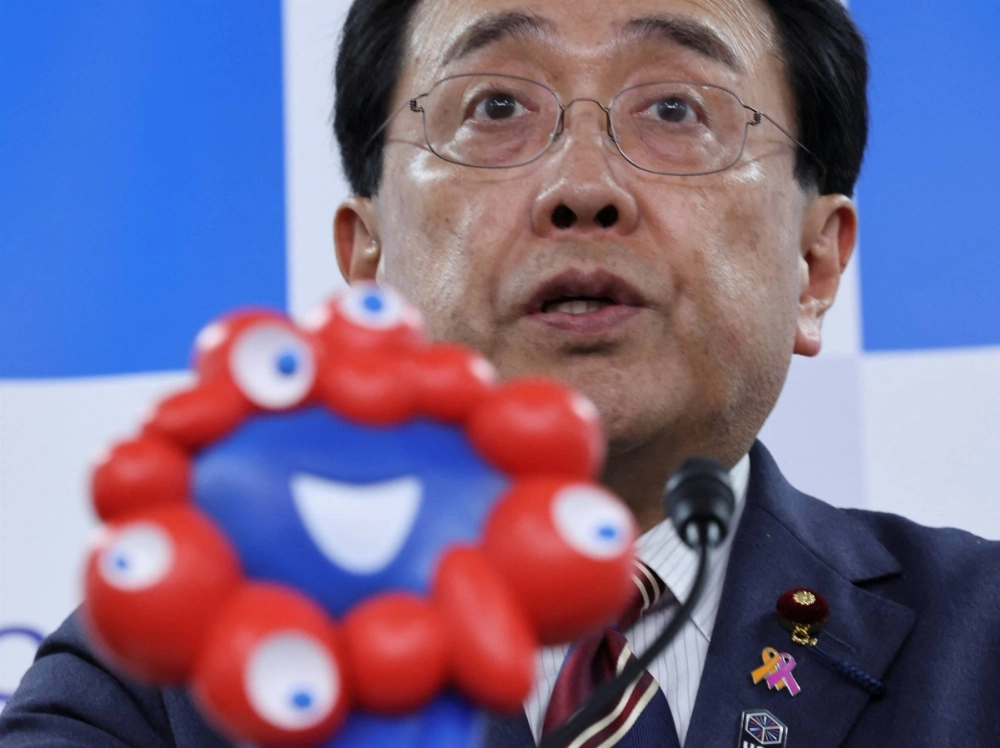Japan’s chief tariff negotiator flew to Washington on Monday for an eighth round of trade talks, just a day after the ruling coalition suffered a dramatic defeat in an Upper House election and less than two weeks ahead of a key tariff deadline.
While the political landscape was upended by Sunday's vote, Ryosei Akazawa stuck to the script and offered no indication that anything has changed in terms of Japan's stance, or that the United States is willing to back down in its demands.
“While protecting our national interests, I want to quickly find common ground where both Japan and the United States can agree,” he told reporters at Haneda Airport on Monday morning before his departure.


















With your current subscription plan you can comment on stories. However, before writing your first comment, please create a display name in the Profile section of your subscriber account page.